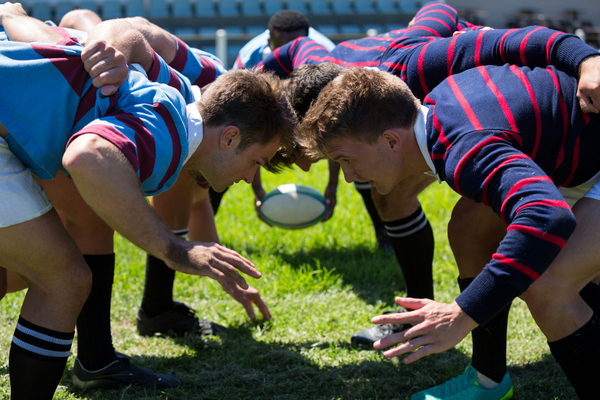Home to the Most Successful Rugby Players
A sport like a rugby requires players to have unprecedented endurance and strength along with discipline and courage. Exhausting workouts and long matches are a real challenge for athletes. Let’s take a look at the factors that make Wellington natives unbeatable on the field.

Early Acquaintance With Sports and National Traditions
The game was first brought to New Zealand by colonists at the end of the 19th century. This sport immediately attracted the attention of the natives, as the game of Key-o-Rahi is widespread among the indigenous population, which by its rules is similar to modern rugby. Thus, the natives quickly mastered the new sport and, thanks to their natural athleticism, quickly excelled at rugby.
In addition, the population from childhood begins to introduce children to an active lifestyle much earlier than is customary in Europe or America. Сhildren at the age of three begin to play a special game called Rippa. This is a game with an oval ball, which eliminates the possibility of contact between players, which allows you to protect children from injury, but provides an opportunity to learn the basic principles of the game and develop physical skills. Children work out passes and learn the sequence of actions in defense and attack. At the age of eleven, children begin to learn real rugby by applying what they have learned and gradually getting used to the tougher contact sport.
The Availability of Rugby and the Absence of an Aristocratic Elite
The birthplace of rugby is Great Britain, but in this country, the game took longer to gain popularity among the locals, as for a long time that sport was considered a game of aristocrats. Training and playing was only available to the upper class and the elite of society. In New Zealand, there were no such conventions among the aborigines, which made it possible to very quickly convert a huge number of people to the new sport. An additional factor contributing to the success of the natives was their perseverance and desire to be the first. For many of the first professional Maori players, the desire to defeat the white colonizers was an overly strong incentive to win.
Such features have led to the fact that rugby is taught in all schools in New Zealand. Any teenager who graduates from high school has the skills necessary to play successfully in the junior league. The abundance of young talent provides the national team with a wide selection of promising young athletes.
Favorable Climate and Good Heredity
New Zealand is famous for its open spaces and mountain landscapes. It has everything that is necessary for the development of a healthy and hardy athlete. A huge number of green fields provide the necessary area for training among amateurs at any time. This availability allows training matches to be held at no additional cost almost all year round.
Another important factor is genetic inheritance. The population of the Polynesian islands has always been famous for its strength, endurance, and speed. This physical data provides athletes from New Zealand with a high degree of success in competitions.
Government and Fan Support
The New Zealand Privileges supports local national sports and constantly provides money for the construction of stadiums and the promotion among young people. Every school in New Zealand has its own professional coach and rugby field. The government also provides all the necessary training equipment and uniforms.
New Zealand fans are also active participants in competitive life. Constant meetings with athletes and public events help to maintain the spirit of athletes and the popularity of rugby competitions at a high level.
Be Part of an Exciting Culture
New Zealand has given the world a large number of professional rugby players. To this day, the New Zealand team sets records for strength and endurance. Indulge yourself in the pleasure and discover the fast-paced and exciting world of rugby!